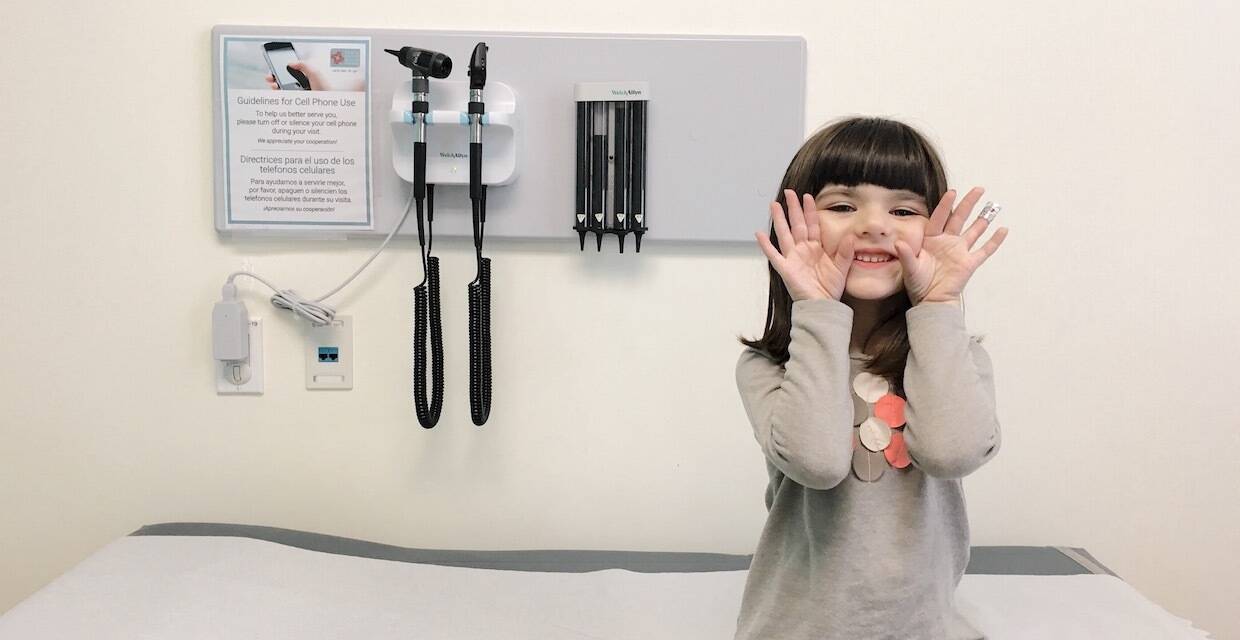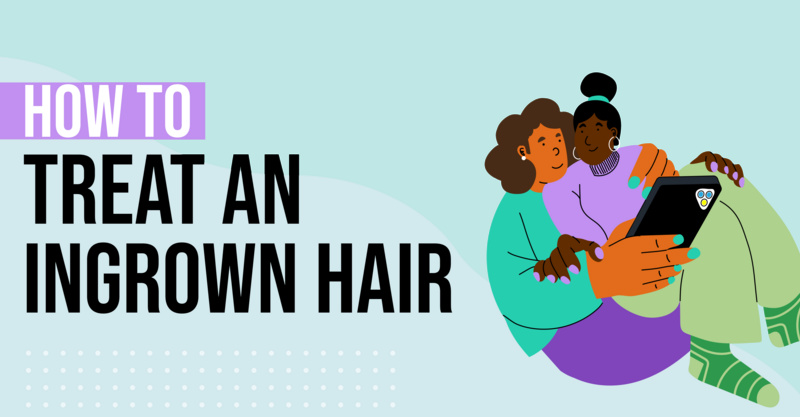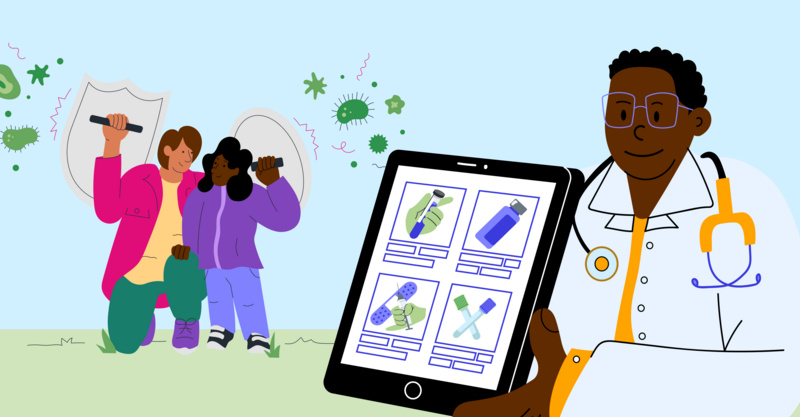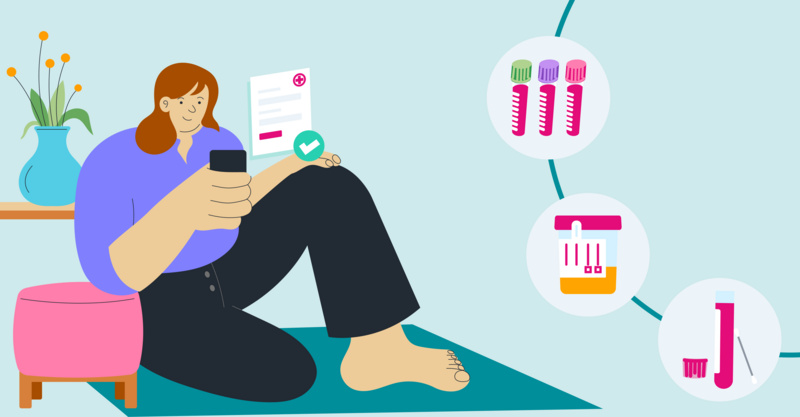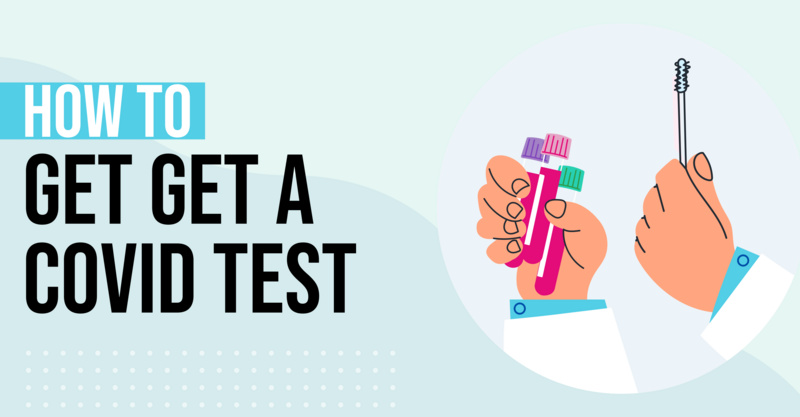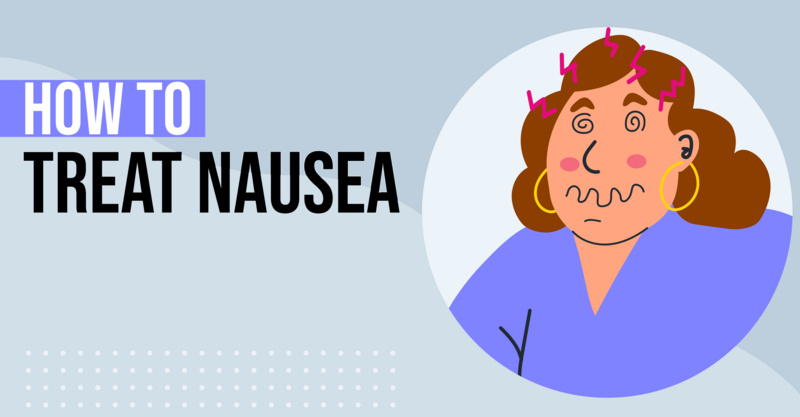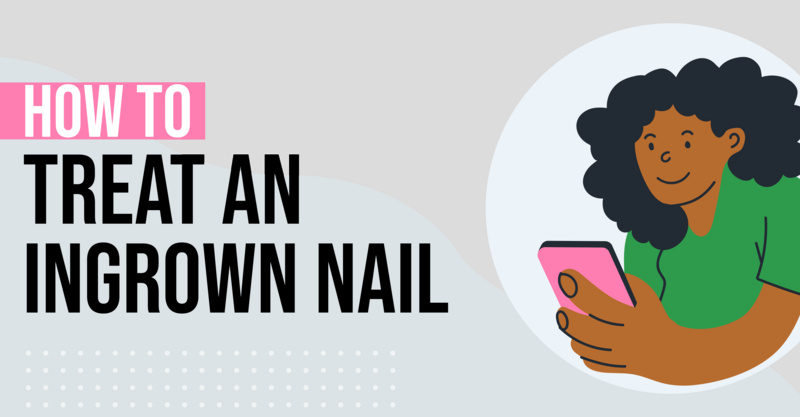Key Points
- To expedite your urgent care visit, utilize online check-in and forms if available, as this allows the clinic to prepare for your visit and potentially reduces your wait time.
- Ensure you have your insurance card and are aware of your expected co-pay to avoid delays in the registration process.
- Prepare a list of symptoms to help you quickly and accurately communicate your condition to the medical staff, aiding in a more precise assessment and treatment plan.
- Be understanding and patient during your visit as some patients may need immediate attention due to more serious conditions. Remember, urgent care wait times are significantly less than emergency room wait times.
- Follow all after-care instructions and prescribed medication dosages to ensure the effectiveness of your treatment and to avoid wasting time and resources.
If you want to get in and out of an urgent care visit as quickly and successfully as possible, you need to be prepared. By following these five simple tips you will be ready for a effective, prompt medical assessment.
Utilize Online Check-In & Forms
Many urgent care locations offer online check-ins or announcements for visits. If your local clinics allow this, it could give you the freedom to wait at home if there is a long wait for the doctor or nurse practitioner. Also, when you check-in online, it gives the clinic staff a chance to prepare for your visit and to determine how busy the clinic is going to be in the future. Many clinics will send nurses and assistants home if there are no patients. When patients check-in early, it informs them that they should keep a full staff. Some clinics now offer online registration and medical history forms. If you print these and fill them out prior to arriving at the urgent care, it could save you and the office staff some time.
Have Your Insurance Card
Have your insurance card ready and know what your expected co-pay is for urgent care. If it is not stated on your card, you may need to call your health plan. When patients do not have this information readily available, it can delay the registration process and cause you to wait longer than necessary.
Make a List of Symptoms
Doctors and nurse practitioners in urgent care facilities are often very busy as there is usually only one or two staffing a clinic at one time. If you make a list of your symptoms, you will most likely be able to explain your issue faster which allows the doctor to treat you and get you on your way. Additionally, when you have your list of symptoms in-hand, you are less likely to forget important details that will help your doctor to give you a more accurate assessment and treatment plan.
Be Understanding
Someone could arrive after you and be taken right into the doctor's office because of a more serious condition. While this is more common in emergency rooms, it can happen in urgent care offices, too. If you want to be a great patient, try to be understanding and patient. Sometimes a nurse will take a late-comer into a private room to wait because of the possibility of being contagious, but that doesn't mean that patient will be seen before you. The median wait time for emergency rooms in the United States is 2.6 hours. Urgent care wait times, however, are usually only 15-45 minutes on average with more than half of patients waiting less than 15 minutes. Be grateful that urgent care clinics are available, and you won't feel as restless while you wait 15 minutes to see a doctor.
Follow the After-Care Instructions
Whether or not you see the urgent care provider again, you should follow the after-care instructions and use the proper dosage of any prescribed medication. Otherwise, your visit was a waste of time for both you and the doctor. After-care instructions are meant to ease pain, problems, and on-going issues. If you follow these tips, your urgent care visit will be faster, more effective, and less stressful for you, the office staff, and the practitioner who treats you.
Frequently asked questions
What are the benefits of utilizing online check-in and forms at urgent care clinics?
Online check-ins and forms can save you time and allow the clinic staff to prepare for your visit. It also gives the clinic a sense of how busy they will be and whether they need to keep a full staff. Filling out registration and medical history forms at home can also save time for both you and the office staff.Why is it important to have your insurance card ready for an urgent care visit?
Having your insurance card ready and knowing your expected co-pay can help speed up the registration process. If this information is not readily available, it can delay the process and cause you to wait longer than necessary.How can making a list of symptoms help during an urgent care visit?
Making a list of your symptoms can help you explain your issue faster to the doctor or nurse practitioner, allowing them to treat you more quickly. It also helps ensure you don't forget any important details that could help with your assessment and treatment plan.Why might someone be taken into the doctor's office before me at an urgent care clinic?
Sometimes a patient who arrives after you might be taken in before you if they have a more serious condition. This is more common in emergency rooms but can also happen in urgent care clinics. It's important to be understanding and patient in these situations.What is the average wait time at urgent care clinics compared to emergency rooms?
The median wait time for emergency rooms in the United States is 2.6 hours. However, urgent care wait times are usually only 15-45 minutes on average, with more than half of patients waiting less than 15 minutes.Why is it important to follow after-care instructions from an urgent care provider?
After-care instructions are meant to ease pain, problems, and ongoing issues. Not following these instructions or not using the proper dosage of prescribed medication can make your visit a waste of time for both you and the doctor.How can being prepared for an urgent care visit make it more effective and less stressful?
Being prepared, such as having your insurance card ready, making a list of symptoms, and understanding the process can make your visit faster, more effective, and less stressful for you, the office staff, and the practitioner who treats you.Can I wait at home if there is a long wait at the urgent care clinic?
Yes, many urgent care clinics offer online check-ins or announcements for visits. This could give you the freedom to wait at home if there is a long wait for the doctor or nurse practitioner.
